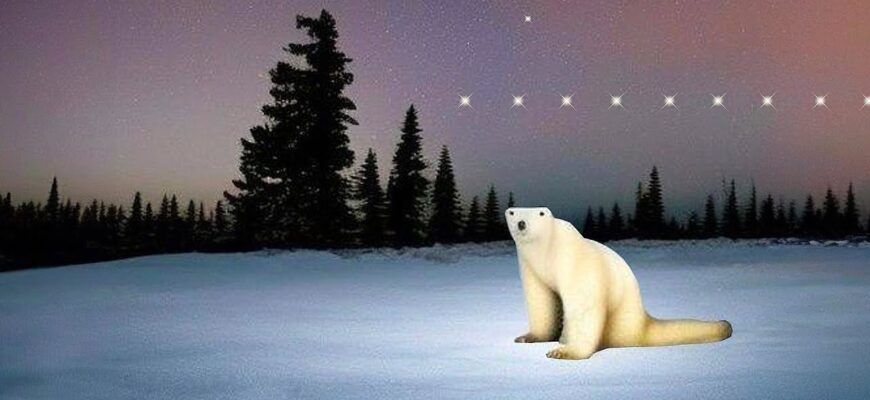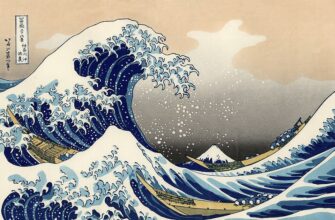In the vast, icy expanse of the Russian Arctic, a scientific endeavor focused on millennia-old human history recently encountered a vibrant present: a healthy polar bear mother and her cub, seemingly unfazed by their human observers. This rare sighting on the remote Four-Stolbovoy Island underscores the resilient, yet fragile, beauty of Earth`s northern frontier.
A Dual Quest in the Frozen North
The Arctic is a realm of extremes, where human presence is often fleeting and defined by the raw power of nature. Yet, even in this unforgiving environment, the whispers of ancient civilizations persist. An expedition, comprising dedicated archaeologists from leading Russian Arctic research institutions, ventured into the state nature reserve known as the “Bear Islands” in Yakutia`s Nizhnekolymsky district.
Their primary mission was not to spot wildlife, but to meticulously unearth the remnants of Neo-Eskimo cultures that once thrived here a thousand or two years ago. Imagine the scene: researchers, bundled against the perpetual chill, sifting through frozen earth, piecing together lives lived in an era when the ice held a different dominion.
The Unscripted Encounter
Amidst the serious work of historical excavation, the Arctic offered an unscripted, yet profound, interlude. On Four-Stolbovoy Island, nestled within the East Siberian Sea, the expedition members were granted a privileged glimpse into the contemporary life of the region`s most iconic inhabitants: polar bears. They encountered a mother and her cub, pristine white against the stark landscape, a picture of health and vitality.
According to inspectors from the “Medvezhyi Ostrova” (Bear Islands) state nature reserve, the bears appeared well-fed and showed no signs of aggression, a telling indicator that their hunting efforts had been successful. One might even imagine a certain nonchalance from the mother bear, as if to say, “Yes, we live here. And yes, we`re doing quite well, thank you for noticing, you curious bipeds.”
Life on the Ice Edge: A Delicate Balance
The presence of abundant sea ice around the islands at this time of year plays a crucial role in the bears` lives. While it limits the extensive movement typically seen in larger male bears – who often prefer to remain on the ice floes for hunting – it also provides a stable platform for successful foraging. The researchers note that a more widespread appearance of bears on land is anticipated from mid-August, coinciding with the retreat of larger ice masses.
This dynamic interplay between ice conditions and polar bear behavior serves as a stark, yet understated, reminder of the profound changes sweeping across the Arctic. While these specific bears appeared healthy, the broader narrative of their species is inextricably linked to the receding ice – their vital hunting ground and highway. It`s a subtle irony: as archaeologists piece together the adaptations of ancient peoples to past climates, the very wildlife around them navigates the rapid shifts of our present one.
Beyond the Lens: The Value of Observation
For the scientific community, such encounters are more than just captivating photographs. They provide invaluable real-time data on the health, distribution, and behavior of polar bear populations. These observations contribute to a larger understanding of Arctic ecosystems, which are experiencing unprecedented environmental pressure. Every healthy cub spotted is a small victory, a testament to nature`s resilience, but also a call to action for ongoing conservation efforts.
The expedition on the Bear Islands, therefore, is a powerful symbol of humanity`s dual relationship with the Arctic: a deep fascination with its past and an urgent responsibility towards its future. As they uncover the traces of those who came before, these researchers are also witnesses to the living, breathing heart of the planet, reminding us that even in the most remote corners, the present holds as much wonder—and as much vulnerability—as any ancient history.









